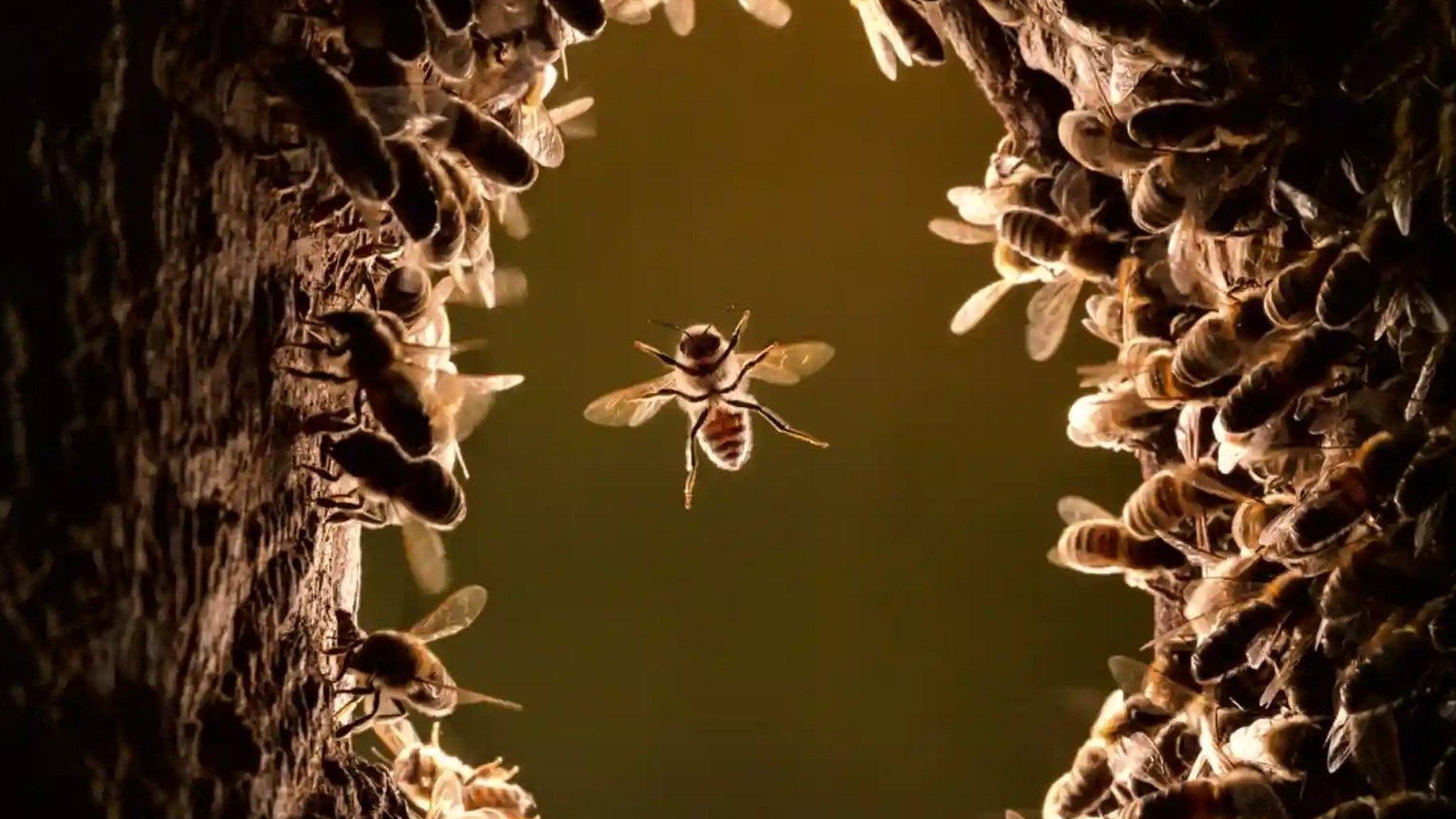'Out of this world' images from astronomy photo competition
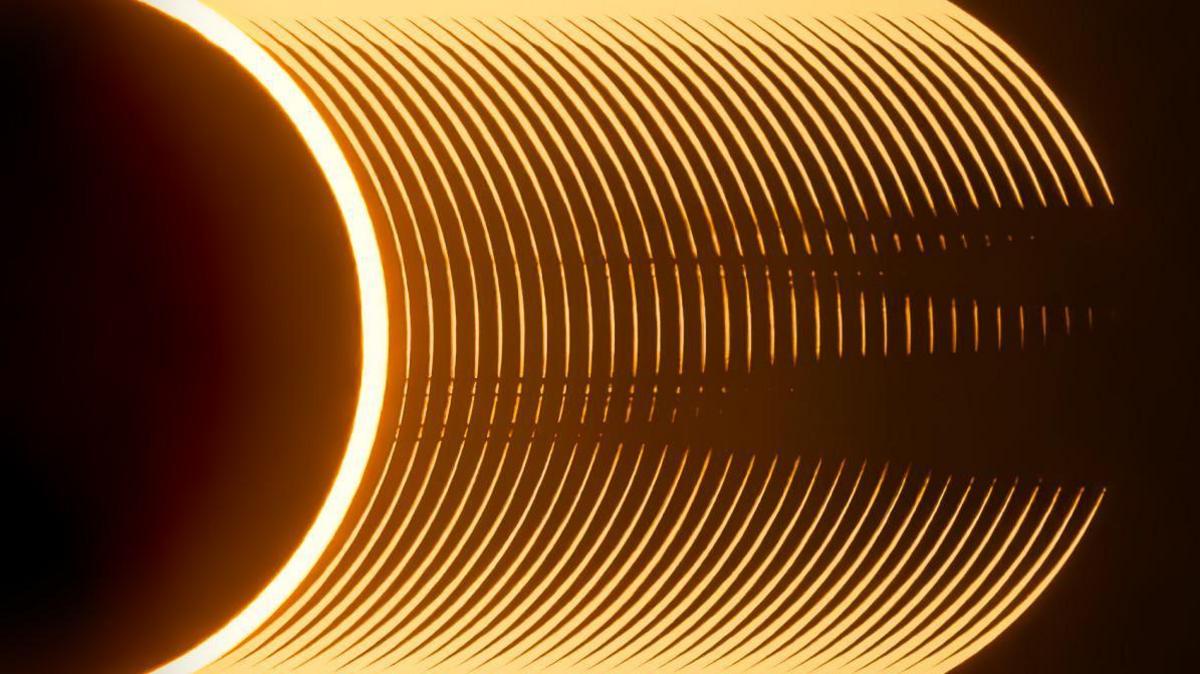
Ryan Imperio has been named the 16th Royal Observatory Greenwich Astronomy Photographer of the Year. 'Distorted Shadows of the Moon's Surface Created by an Annular Eclipse' is a combination of 33 photos which Ryan took over 10 seconds. His photograph shows the progression of Baily’s beads. These are formed when sunlight shines through the valleys and craters of the Moon’s surface, and are only briefly visible when an eclipse is beginning or ending. Fascinating!
- Published
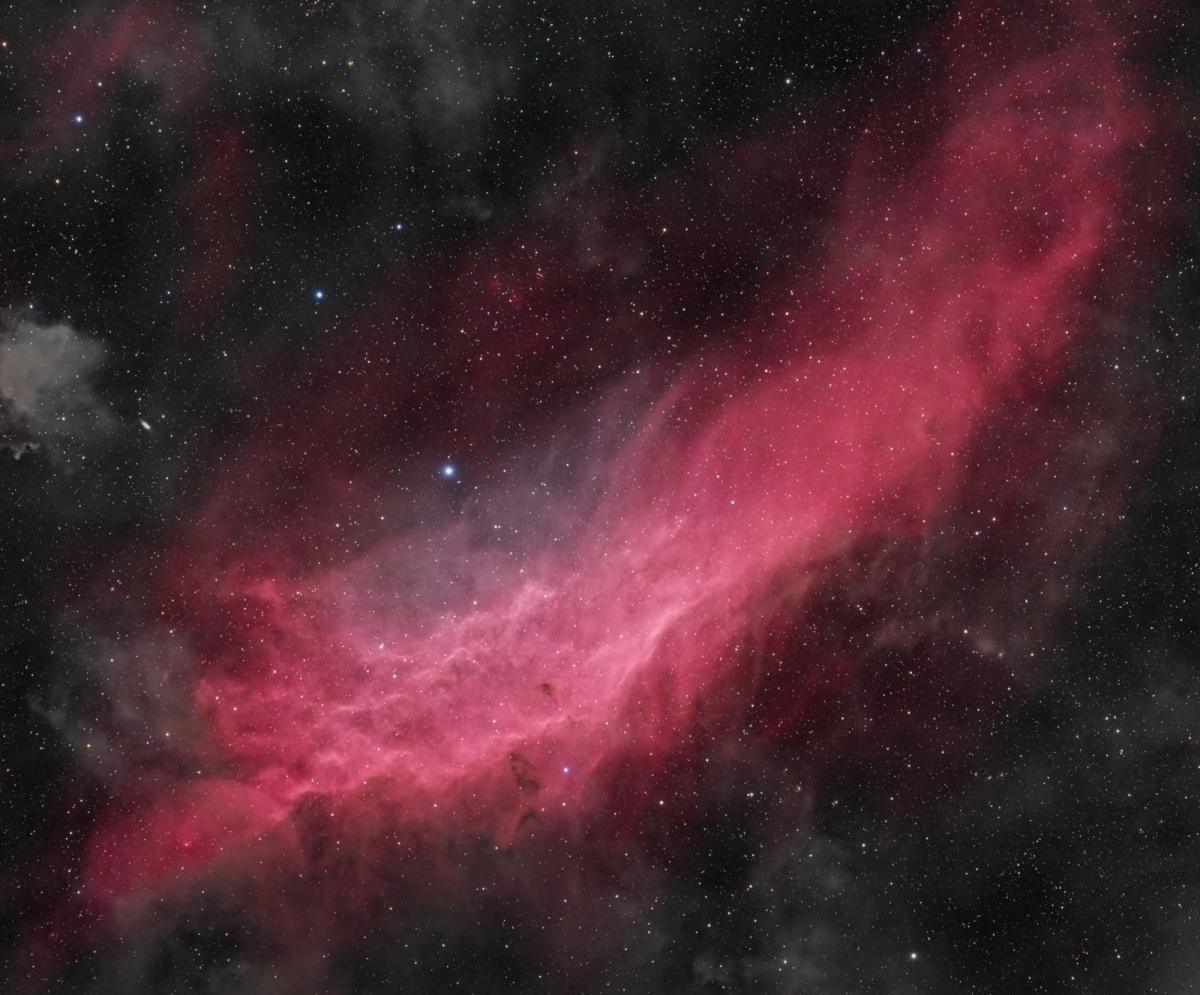
Daniele Borsari, who is 14, won the Young Competition category with the entry 'NGC 1499, a Dusty California'. It shows an emission nebula. This is caused when stars heat up clouds of gas. The chemicals which make up the gas respond to the rising temperatures, glowing in different colours. It works a bit like a neon sign hanging in a shop window! It’s located around 1,000 light years from Earth.
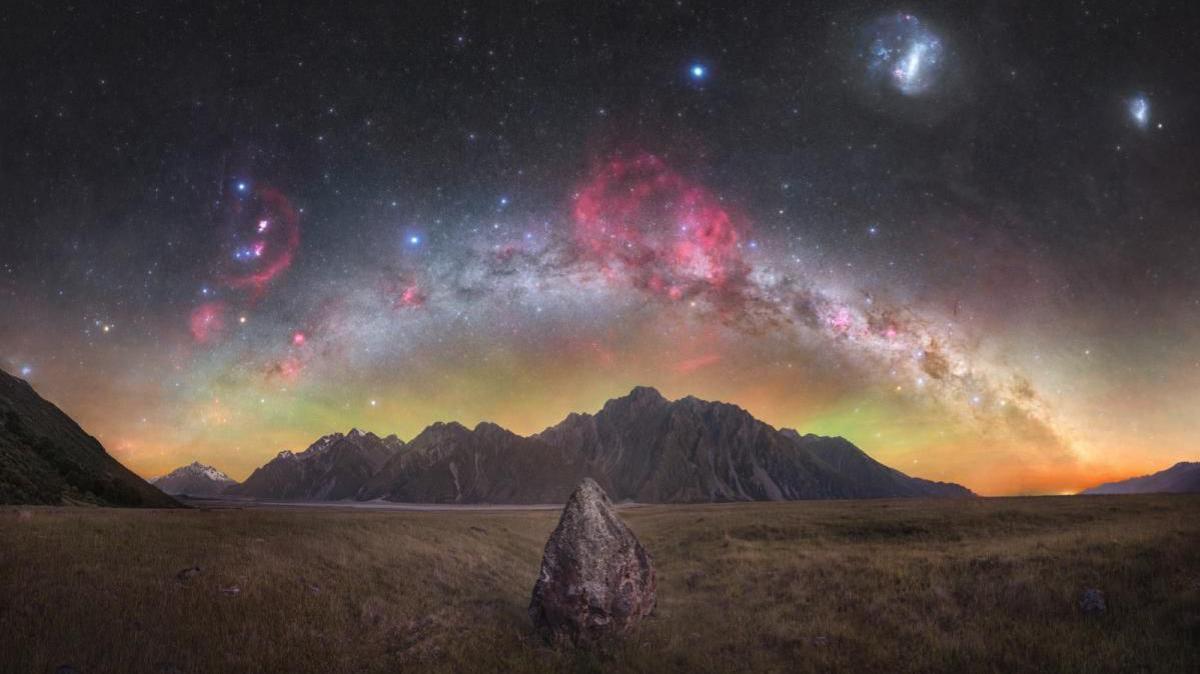
Tom Rae captured this image called 'Tasman Gems' which won the Skyscapes category. It shows peaks of the Tasman Valley in New Zealand set against the night sky of the southern hemisphere during summer. It includes the hydrogen clouds of the Gum Nebula - the red blob near the centre - as well as a band of the Milky Way.
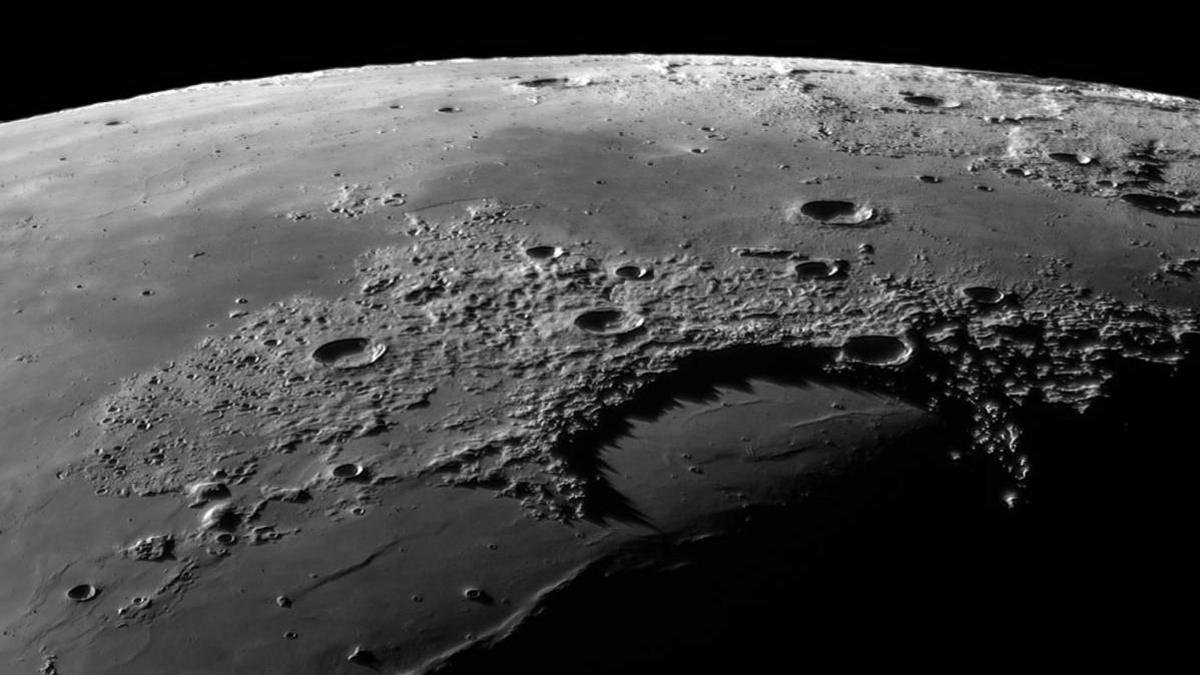
'Shadow Peaks of Sinus Iridum' by Gábor Balázs won the Moon category. The photograph shows Sinus Iridum - also known as the Bay of Rainbows - which is a massive crater. Part of the crater's wall has been destroyed, giving it the appearance of a bay. The photographer used a monochrome camera with a filter to capture the Moon’s rugged terrain.
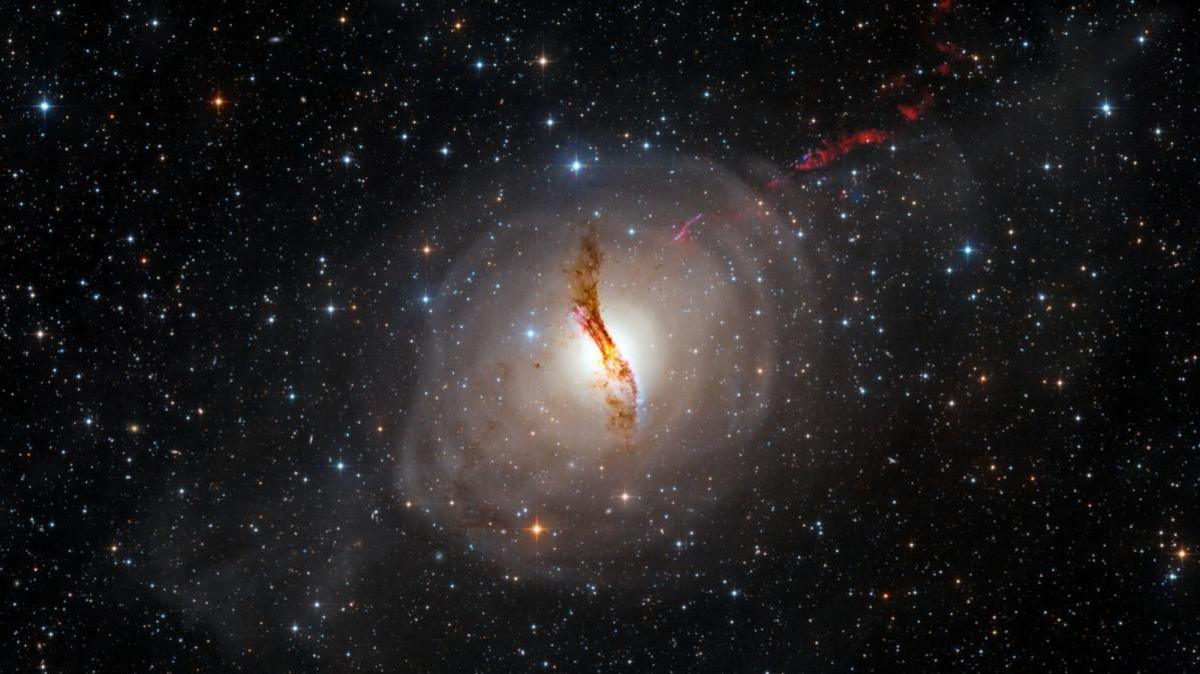
'Echoes of the Past' by Bence Tóth and Péter Feltóti won the Galaxies category. The picture shows the galaxy NGC 5128 and a visualisation of powerful jets of radiation and particles travelling close to the speed of light. They could only take this photograph from the southern hemisphere, so the pair went to Namibia in Africa, with their equipment and stayed there for two weeks.
All the images will be on display from Friday at an exhibition at the National Maritime Museum.
More fantastic photography stories
- Published13 September 2024
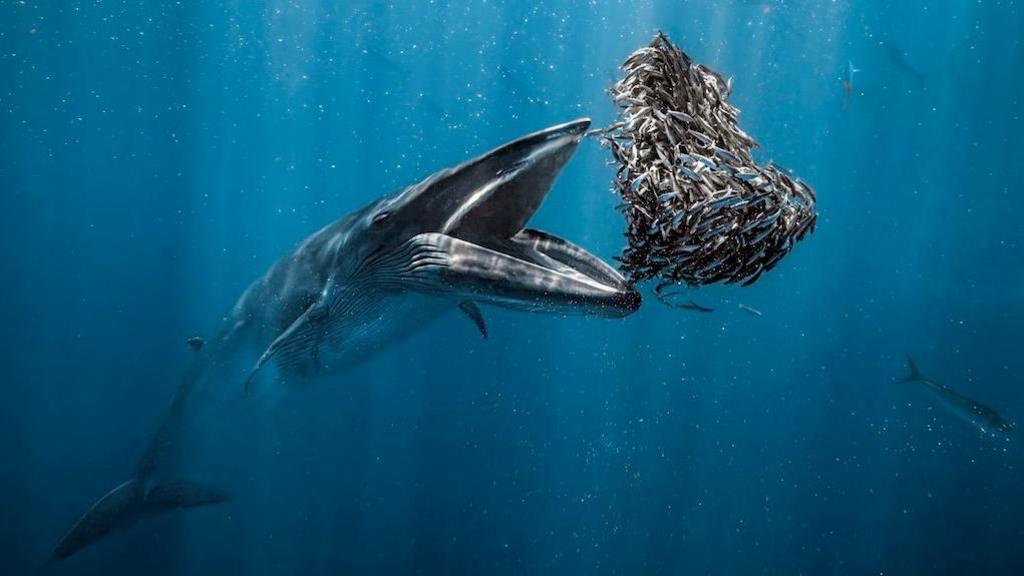
- Published21 May 2024
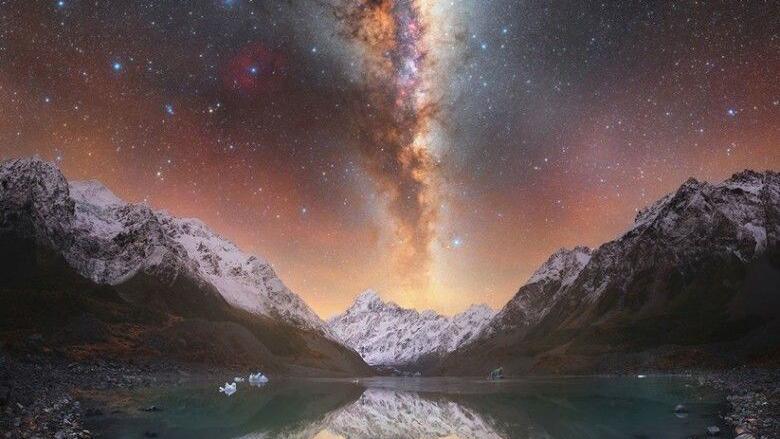
- Published15 April 2024
